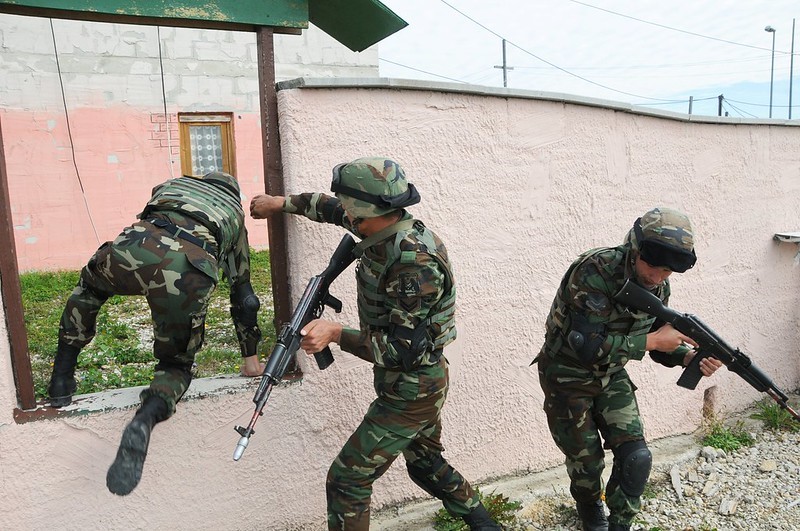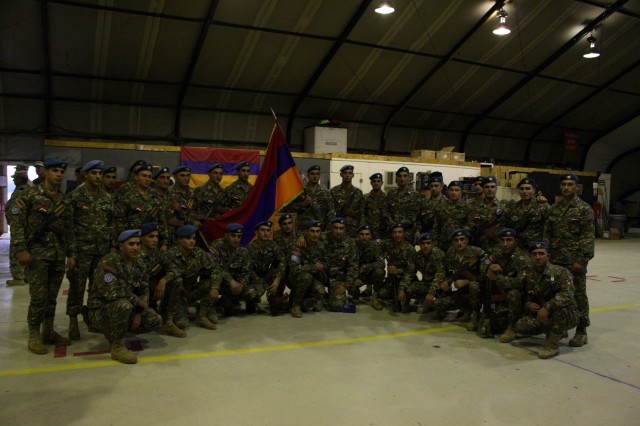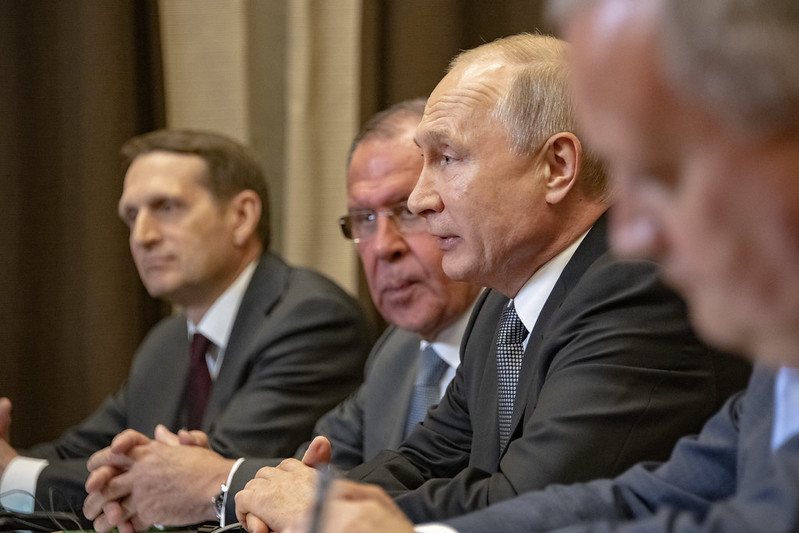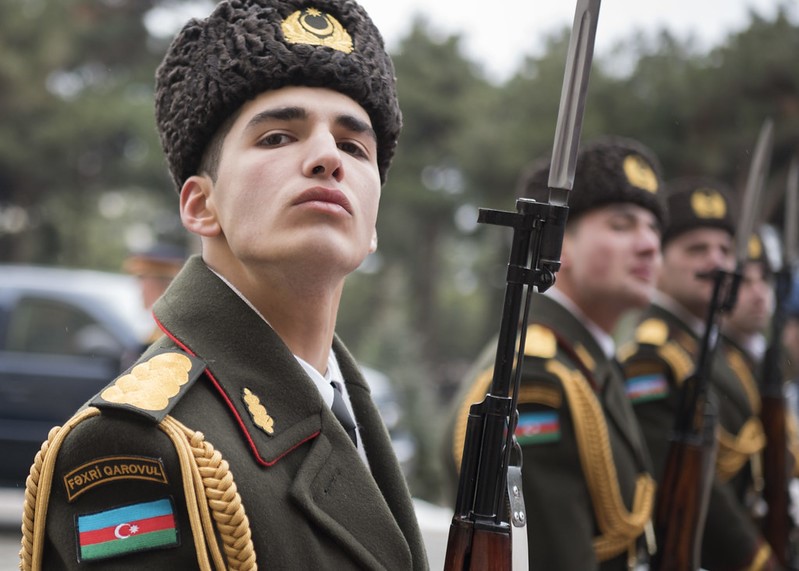Nagorno-Karabakh: The Democratization of Precision Strike and the Viability of Military Power
By Jack Watling
March 25, 2021, the CACI Analyst
The six-week Nagorno-Karabakh war, fought through the Autumn of 2020, may have been principally of local significance politically, but highlights changes in the viability of the use of force as an instrument of statecraft in a new era of great power competition. Extrapolation from the conflict should not be taken too far, but the democratization of precision strike and the constraints imposed on the use of air power pose serious questions for many European medium powers.

The Karabakh Ceasefire and Regional Economic Projects
By Orhan Gafarli
January 28, 2021, the CACI Analyst
The Second Karabakh War lasted for 44 days, ending on November 10, 2020 with the 9-point ceasefire agreement agreed by Azerbaijan and Armenia under Russian mediation. According to the ceasefire, the Armenian side will withdraw from the seven regions surrounding Nagorno-Karabakh; a Russian Peace Force will control the Lachin corridor connecting Karabakh with Armenia and Russia’s Border Service (FSB) will supervise the highway between Azerbaijan and Nakhichevan. Turkey is also a party to ensuring compliance with the ceasefire, setting up observation points and cooperating with Russia regarding negotiations between the parties. The end of the war might eventually bring the parties to a peace agreement and allow for regular overland transport between Azerbaijan, Armenia and Turkey. This perspective could help revive the Silk Road between East and West in the South Caucasus.

Looking Beyond Armenia's Defeat in Nagorno-Karabakh
By Robert M. Cutler
December 7, 2020, the CACI Analyst
After over 25 years of diplomatic stalemate, notwithstanding the efforts of the Organization for Security and Cooperation in Europe (OSCE), and declarations on all sides that “there is no military solution” to the Karabakh conflict, Azerbaijan has successfully implemented a military solution and taken territorial control of almost all of its lands occupied by Armenian forces in the early 1990s. The event not only inaugurates a new era of international security in the South Caucasus. It actually opens the door to improved relations between the two countries, if realistic approaches based on their inevitable cohabitation of the neighborhood can be found.

War in Nagorno-Karabakh Requires a Russian Balancing Act
By Nurlan Aliyev
November 10, 2020, the CACI Analyst
From early November, Russia’s President Vladimir Putin conducted telephone conversations with the leaders of Armenia and Azerbaijan, thoroughly discussing the settlement of the Nagorno-Karabakh conflict and reaching a truce on November 9. Both countries have criticized Moscow’s position on the current war. Russia has been a security guarantor for Armenia since the 1990s and has more recently become a strategic partner of Azerbaijan. Moscow’s position has raised the question of whether Russia struggles to balance its relations with a strategic ally and a strategic partner, or if the Kremlin’s reluctance to become involved signals a change in policy regarding the former Soviet republics.

Fighting in Nagorno-Karabakh Rages Despite Ceasefires
By Emil A. Souleimanov and Huseyn Aliyev
October 22, 2020, the CACI Analyst
The ongoing conflict in Nagorno-Karabakh saw a number of dramatic developments over the past couple of weeks. Most notably, Azerbaijani forces proved able to breach through Armenian defenses in the south, resulting in Azerbaijan’s rapid advance into both the Nagorno-Karabakh region and adjacent Armenian-controlled territories in the “buffer zone.” This battlefield transformation will likely affect the balance of power on the ground and influence Baku’s willingness and Yerevan’s capacity to negotiate a peaceful settlement. Recent developments on the frontlines will also affect Russia’s and Turkey’s positions and roles in the conflict and the South Caucasus.



